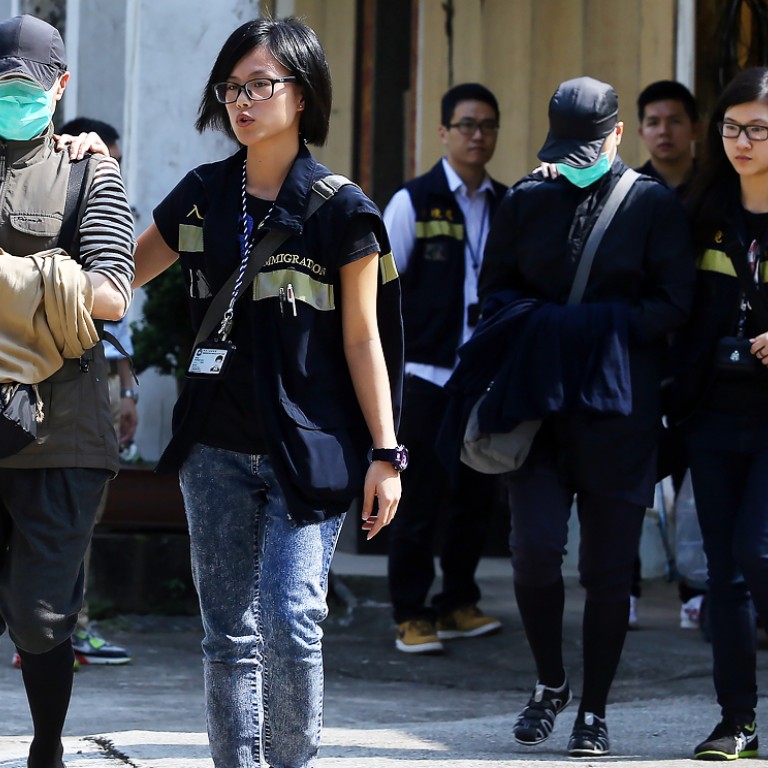
Recent controversies show that religious bodies need oversight
The public can be excused for not knowing that a law governing an important aspect of Chinese culture in Hong Kong is undergoing the first major review in 87 years.
The public can be excused for not knowing that a law governing an important aspect of Chinese culture in Hong Kong is undergoing the first major review in 87 years. Despite a two-month public consultation in March, the proposed changes to the Chinese Temple Ordinance did not arouse much discussion. But the recent controversies surrounding some Chinese religious establishments have renewed debate on the issue.
Earlier this month, the chief nun of a Buddhist monastery in Tai Po was arrested amid allegations that she married two mainland monks in a residency scam and pocketed donations. Separately, Po Lin monastery on Lantau is also embroiled in a civil lawsuit for allegedly building pagodas on private land. Ultimately, the cases are matters for the court to decide. But the reports have reinforced the impression that the monitoring and accountability of temples are far from adequate.
Enacted in 1928 amid rampant pseudo-religious activities of deceitful nature, the ordinance seeks to prevent mismanagement and abuse of funds with a compulsory registration system for temples. But enforcement is woefully lacking, despites powers for the authority to raid and shut down such premises. With a fine as low as HK$1,000 for non-compliance, there is hardly deterrence. Some 40 per cent of the 600 establishments are unregistered, giving room for abuse.
Intriguingly, the government is seeking to liberalise the regime, including scrapping some of its enforcement power and allowing temples to register on a voluntary basis. It believes that the current system, which does not apply to other religions, may have religious freedom implications. It also argues that frauds and abuses are covered by other laws subsequently.
Given religious freedom is protected by the Basic Law, removing restrictions that are outdated and unconstitutional is understandable. But officials also need effective legislative tools to deal with religious bodies acting out of line. A closer look at the law is advisable in light of the recent controversies.

